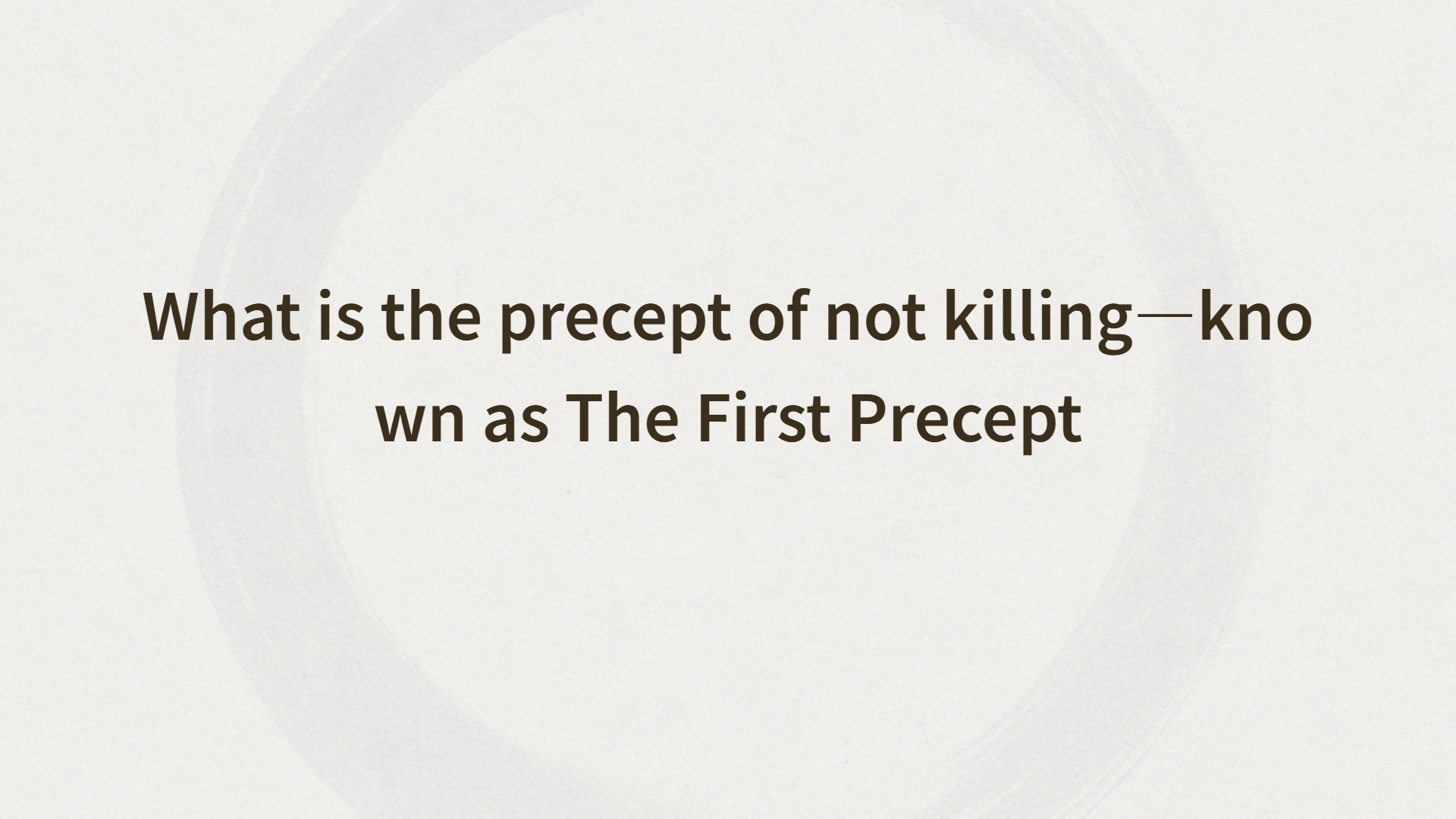Gender Identity and the Buddhist Idea of No-Self
“Self-identification” means to recognize or define oneself, but in Buddhism, there is a fundamental concept called anattā, or “no-self.” In this view, the notion of a clearly defined self is not accepted. Why? Because what we call the “self” arises only in relation to others.
Ask yourself: Why do we even need the idea of “me”? It is only because there are other people that the notion of “self” becomes necessary. Imagine you were the only person in the entire world—would you ever say, “I am…” about anything?
Think about names, too. If you were the only human being alive, would you need a name? Probably not. Names exist because there are others to distinguish us from. Without someone else to call your name, a name has no purpose.
Are you tall or short? If you think you are tall, how do you know? You can only say that in contrast to someone shorter than you. Without others, you have no basis to define your height. The same goes for most traits—we know ourselves through others.
Let’s return to the idea of self-identification. In Buddhist thought, identifying oneself is not a purely internal act. It is more accurate to say: we recognize the self that has emerged in relation to others.
For example, I identify myself as a Buddhist monk. I recognize myself as such because society defines a monk as someone who wears robes and chants sutras—and I fit that image. If I were to claim, “I am a calico cat,” no one would accept that. (Interestingly, I’ve heard that some schools in the U.S. allow students to act as cats—but is that really true?)
This inability to define ourselves in isolation is echoed by the Indian philosopher Yājñavalkya, who said the Ātman (self) can only be described by what it is not. The self is the subject of all perception—it cannot observe itself directly. At best, we can reflect who we are through how others perceive us.
Yet, it’s important to note that there are undeniable inner impulses—feelings of attraction, aversion, longing. These are authentically one’s own. But there is a difference between defining something and feeling something. One belongs to the world of language, the other to direct experience.
We can describe ourselves in many ways—our preferences, beliefs, values, habits, religion, ancestry, and relationships. But even after collecting all this knowledge about ourselves, we are not the knowledge. As Robert Fritz wrote in The Path of Least Resistance:
“You can learn many things about yourself. But you are not the knowledge you’ve learned about yourself.”
Now, regarding LGBTQ+ issues: I believe “LGB” and “T” refer to fundamentally different things. “LGB” speaks to whom we are attracted to—this is an internal inclination, like liking tea or coffee. It is personal and emotional, not something for others to judge.
But “T,” or transgender identity, involves the question: What am I? This is a matter of definition—placing oneself within a category that is socially recognized. You can’t simply call tea “coffee” just because you prefer it. Definitions rely on shared understanding.
Whether we’re discussing gender identity, self-worth, or existential suffering, much of it boils down to this question: What is the self?
And that is precisely why we must deeply inquire into the origin and nature of the self.


